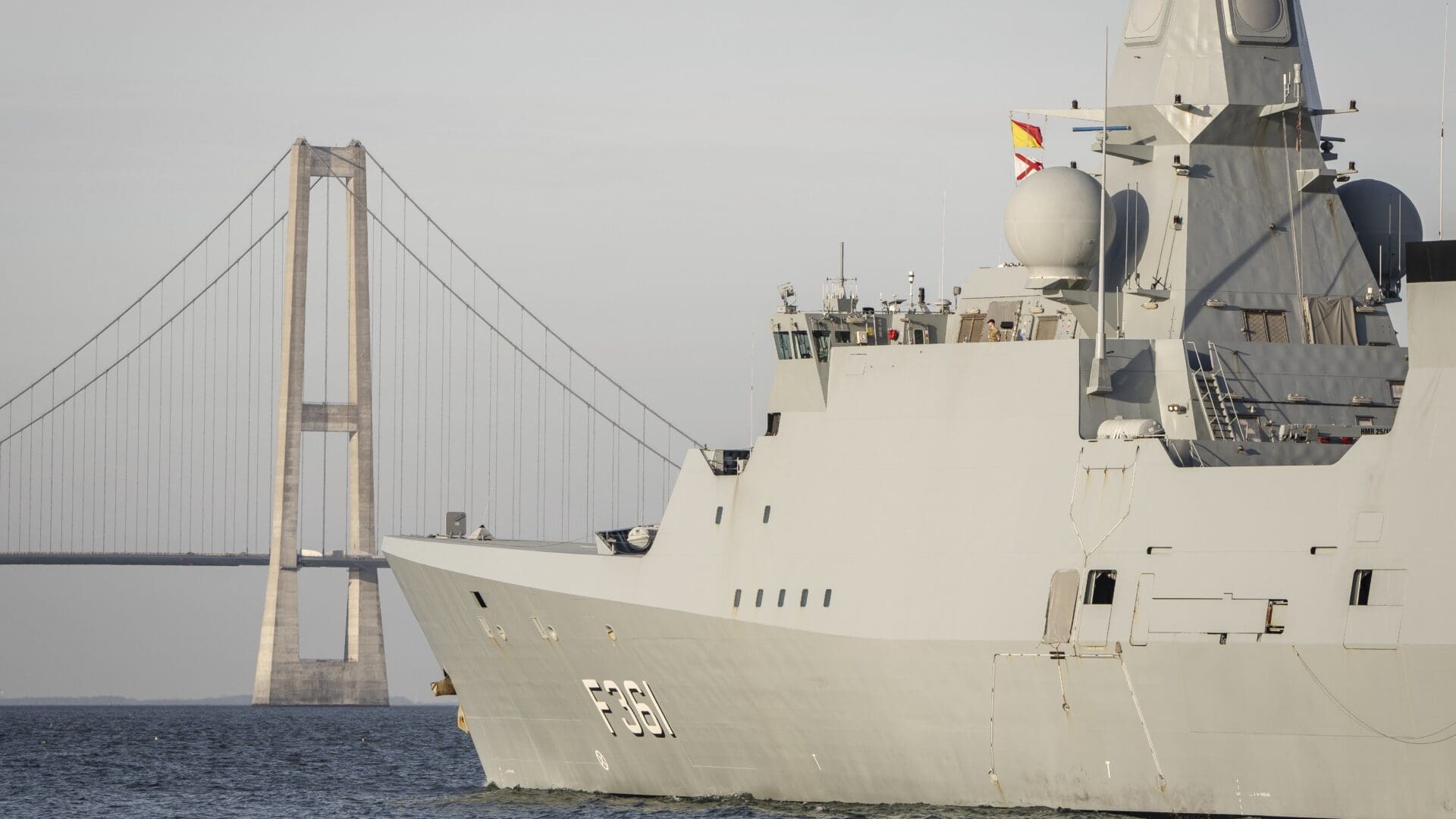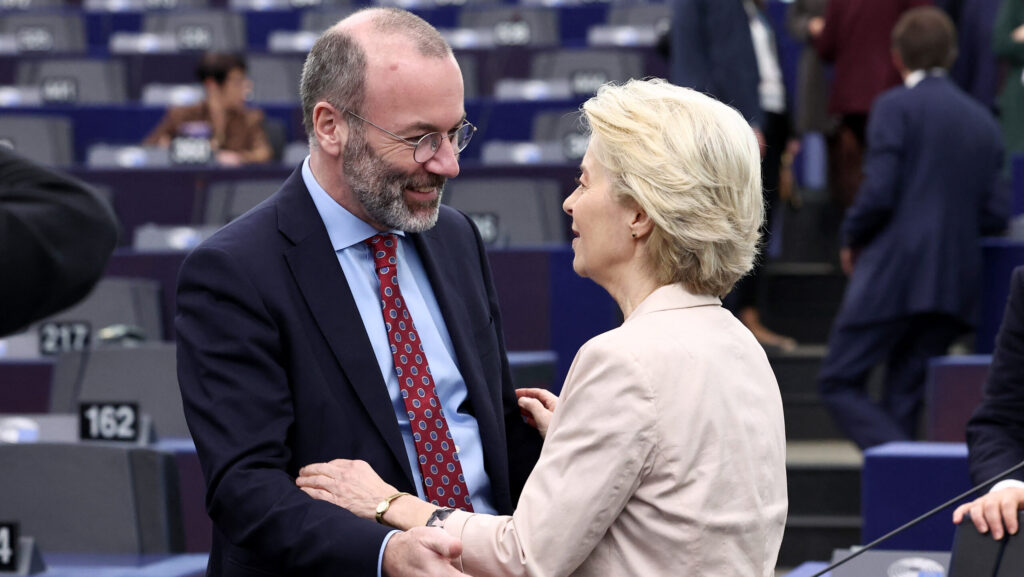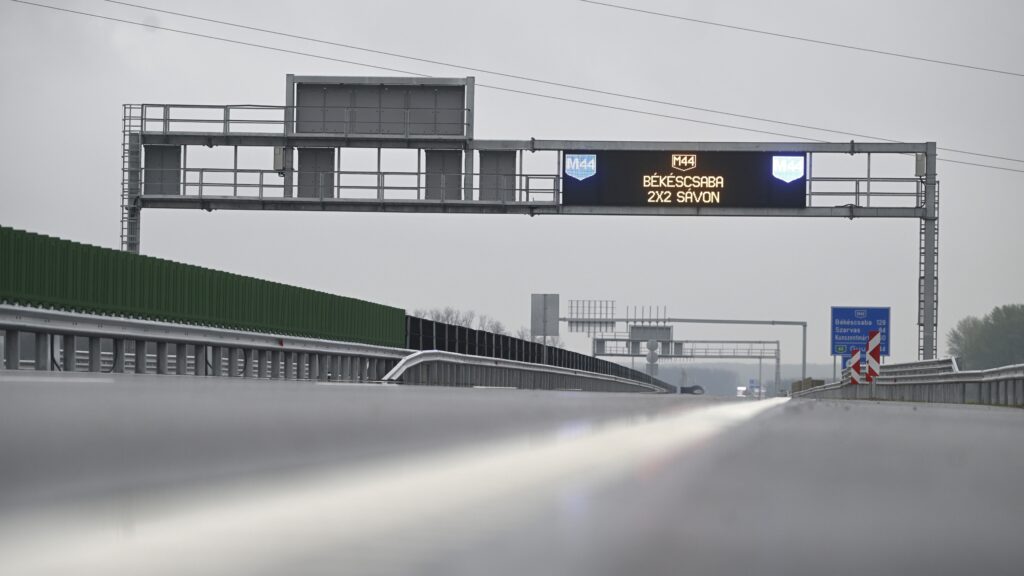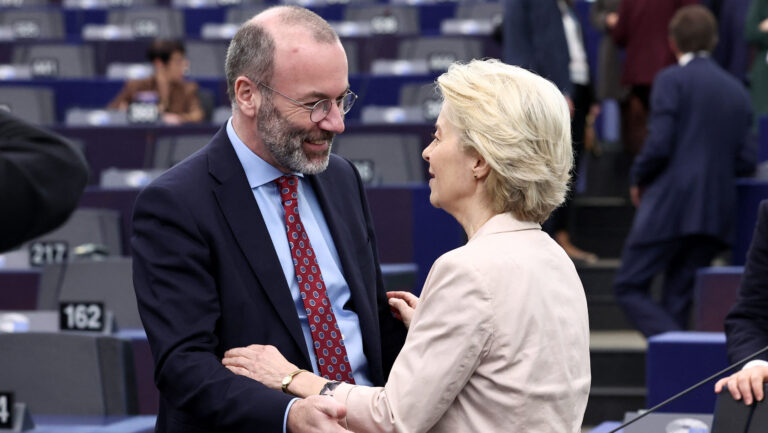This article was originally published in Hungarian on Magyar Nemzet.
‘Something is wrong with Europe’. That is the sense that many Europeans, Hungarians especially, are feeling.
There have been plenty of crises and disputes in past years, sure; the 2008 financial crisis and the debt crises it spawned, the invasion of migrants, contentious EU politicking, and so on. These things, Europeans were told, were temporary phenomena; mere speedbumps on the road toward a better and greater tomorrow. And, to a certain extent, this was true.
It is with the more recent crises that this sense of complacency has fallen away. The war in Ukraine, the Simchat Torah War between Israel and Hamas, and the Red Sea crisis—all of these portend that something is deeply wrong with the Western order. But what is it?
The simple and honest answer is that
the strategy that supported European strategy since the end of the Cold War has broken down.
European leaders made a calculated decision: by leaving military security to the Americans, buying cheap Russian energy, and selling goods to China, Europe could enjoy the best of all worlds. It could make cuts to military budgets to support the welfare state, it could power its industries cheaply and remain globally competitive without cutting salaries, and it could profit by selling its goods to the growing Chinese market and serve as a tourist destination for the emerging Chinese middle class. It was, in effect, a bet on the ‘end of history’ and the promise of a perpetual Pax Americana.
Except that history did not die; it merely slumbered for a few years. And when it awoke in the late aughts, following the election of U.S. President Donald Trump, it was hungry. Trump asked problematic questions, like whether it was in U.S. interests to perpetually subsidize the security of Europe, or whether it was a wise idea for Europeans to depend on Russian oil and gas. More broadly, the United States realized that China was not content playing second fiddle to American hegemony, and thus began to ‘decouple’ its economic relationship. Europe was asked to do its part and also ‘de-risk’ its economic relations with China, that authoritarian menace beyond the horizon. Suddenly, the European strategy began to break.
But it is more recent events that have truly ruined the game. Russia’s February 2022 invasion of Ukraine provoked a furious reaction from Washington, Brussels, Berlin, and other Western capitals. These included a variety of sanctions and actions that, taken altogether, put an end to the supply of cheap Russian energy. Europe’s industrial model suddenly stopped making sense. A stunning article in POLITICO from last year, titled ‘Rust Belt on the Rhine,’ painted a vivid picture of how higher energy prices are resulting in the deindustrialization of Germany. More ominous, it warns that ‘The erosion of Germany’s industrial core will have a substantial impact on the rest of the European Union. Germany is not just Europe’s largest player; it also functions like the hub of a wheel, linking the region’s diverse economies as the largest trading partner and investor for many of them.’
Compounding this situation is that the United States, already engaged with too many fronts and still seeking to focus its attention on China, has told Europe that it must do more to ensure its own security. Europe, in other words, must gradually remilitarize and prepare for the possibility of fighting Russia in the indeterminate future. For Central and Eastern European countries, it feels as if the god of war—long thought vanquished— has risen from the grave and is demanding tribute. He claims that it is long overdue.
Thus, the three stools that have supported European strategy have collapsed. How are Europeans supposed to afford the welfare state and support migrants and pay for higher energy prices and pursue remilitarization and revive their economies on the same income without taking on any more undue debt, which is already considerably high?
The conflict in Israel has made the situation worse.
The reader needs to understand that the Holocaust and genocide of Jews during World War II is widely regarded as a symbolic moral-historical rupture that rewrote the ‘foundational past’ of Europe. The end of the conflict came with a resolution: ‘With the death of Nazi Germany, so dies Europe’s war-making, genocidal, uncivilized past. Never again shall we repeat this. From now on, we must be a peaceful people who strive to construct a better tomorrow and solve our differences diplomatically.’ This vision, this spirit, has served as the ‘mythological’ basis for the Western-led liberal international order for decades.
The heinous attack by Hamas on October 7 was thus a terrifying watershed: by murdering innocent Jews, the victims of the Holocaust, in such numbers, Hamas indirectly attacked the West’s post-1945 mythological basis. Worse, Israel and Western countries discovered that many citizens within the West supported Hamas’ attack.
Israel’s reaction to the attack—a punitive campaign on the Gaza Strip—has not helped. So high is the body count that South Africa brought a case to the International Court of Justice, alleging Israel is committing genocide against the Palestinians. Jews, who were the victims of the Holocaust, are now being presented as the perpetrators of another. Whether or not this allegation is true is a question I leave to the judges, the lawyers, and experts of international law. What matters is that, with the successful introduction of the case to the court, the founding mythology of the post-World War II Western moral order has been subverted. The rhetorical foundation of European peace, in other words, is being demolished.
Additionally, the conflict in Israel led to the Red Sea crisis, with Yemen-based Houthis blocking the passage of trade through this essential trade route in response to Israel’s campaign against Gaza. This de facto blockade, which the U.S. Navy has been unable to stop, will directly impact the European economy. As economist Philip Pilkington points out, forcing ships—including oil and gas tankers—to go around Africa will trigger supply chain disruptions and another painful round of inflation. Prices will go back up again, triggering another cost-of-living crisis for Europeans.
Hungarians should expect this painful blow to hit in a few weeks, possibly around May or early June. Coincidentally, this year’s elections for the EU parliament are on June 6–9. Given the timing, it is quite likely that voters will go to the polls in anger to express their displeasure about the rising cost of living, the all-pervading sense of insecurity, and the seeming weakness of their leaders.
Their message will be simple: ‘Something is wrong with Europe.’








